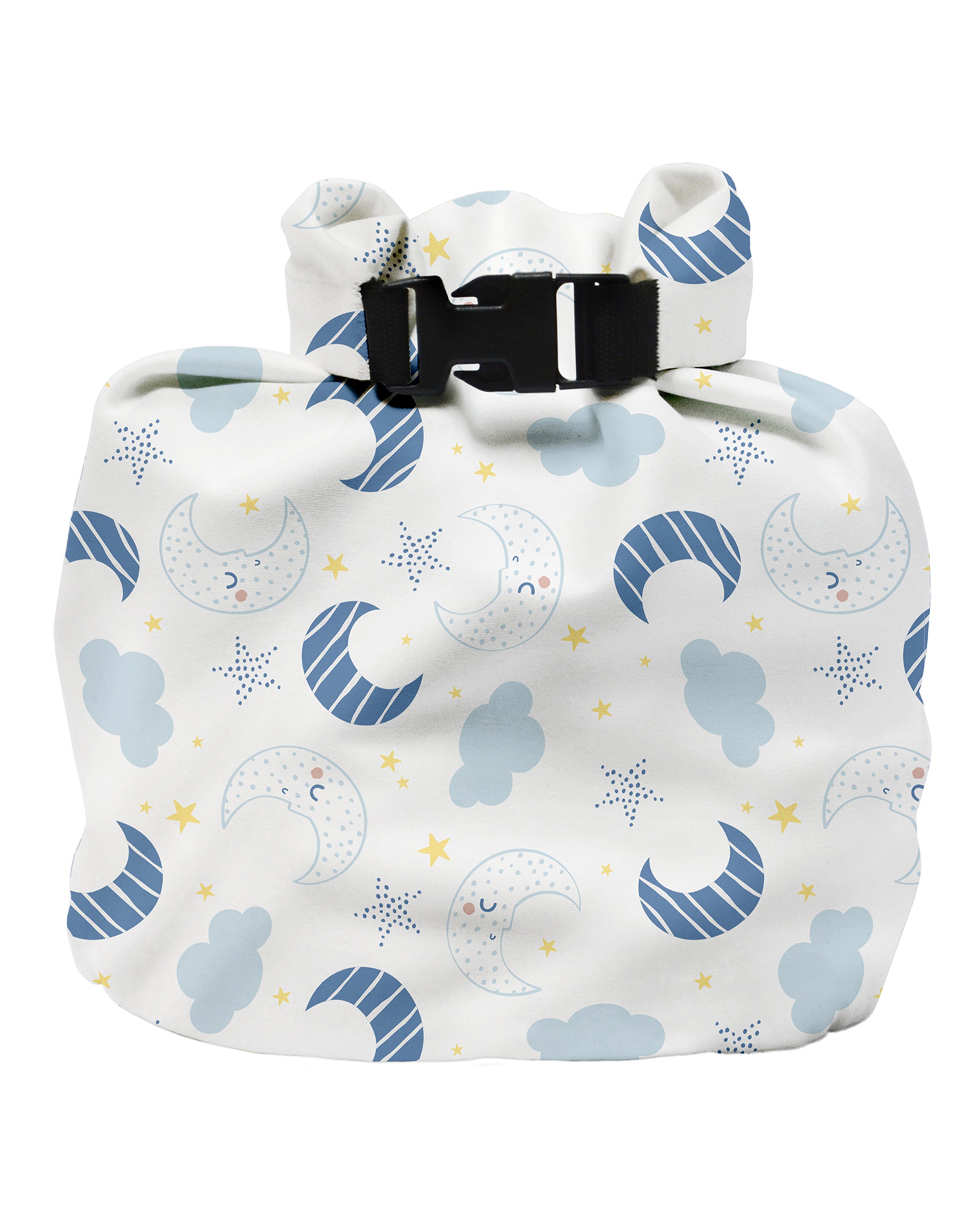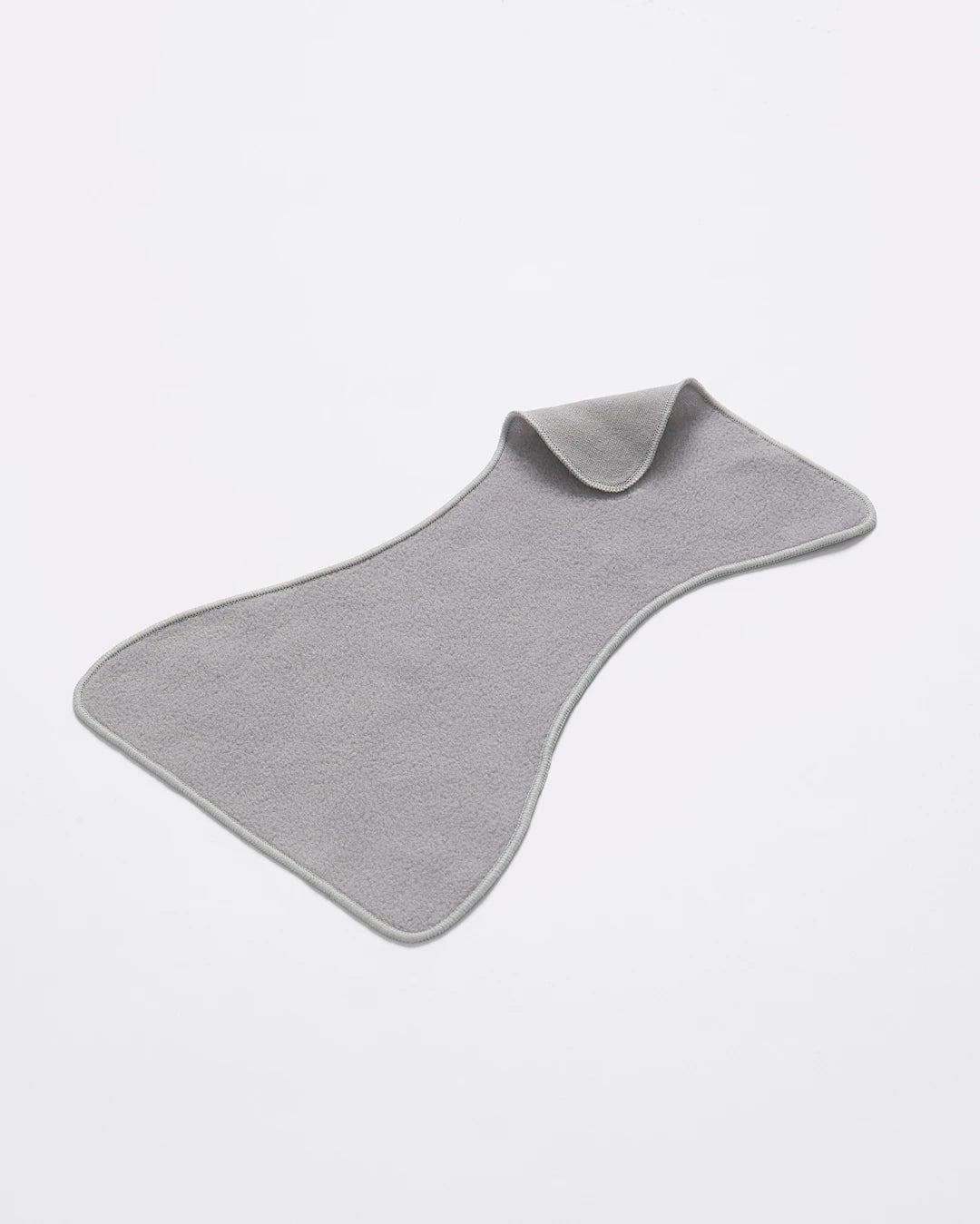Epidural | Glossary of Pregnancy & Baby Term
Share Options
- Bambino Mio
- 24 / 07 / 2023
Inside this Article:
- What is an epidural?
- Can I get an epidural at home?
- When should I have an epidural?
- How does the anaesthetist give an epidural?
- How long does an epidural take to work?
- I’ve heard painkillers can affect my baby; is an epidural safe?
- What are the benefits of epidurals?
- What are the downsides of epidurals?
- Citations and References
What is an epidural?
An epidural anaesthetic (1) is a procedure which passes analgesic (painkilling) drugs into the membranes around your spinal column through a thin tube called a catheter.
The drugs are usually a local anaesthetic combined with an opioid painkiller so you’ll stay awake, but you’ll be numb below the site of the injection. The drugs work on the nerves which carry pain signals from your womb to your brain so you’ll be pain free but probably immobile.
Can I get an epidural at home?
No, only an anaesthetist can deliver an epidural so you’ll need to be in hospital. Some birth centres can offer epidurals if they’re attached to an obstetrician-led hospital unit.
When should I have an epidural?
You can have an epidural at any point during labour, but most women have them when their contractions really ramp up.
How does the anaesthetist give an epidural?
They’ll numb your lower back with a local anaesthetic, then pass a hollow needle between your vertebrae, before passing the catheter through the needle into the epidural space between the membranes around your spinal cord (2). Once this tube is in place your anaesthetist will remove the needle, leaving the tube behind, tape the tube to your shoulder so it stays put and start delivering the drugs through it.
How long does an epidural take to work?
As the drugs infuse into the nerves around your spine, an epidural takes around 30 minutes to work. However, the drugs can be topped up whenever you need them.
I’ve heard painkillers can affect my baby; is an epidural safe?
An epidural is very unlikely to affect your baby as it uses tiny amounts of drugs (3) that only work on the localised nerves. However, some women’s blood pressure drops with an epidural, which can affect blood flow to your baby, so your midwife will monitor you and give you extra fluids if necessary.
What are the benefits of epidurals?
- Epidurals are the most effective form of analgesia in labour, with most women feeling completely pain free
- It almost certainly doesn’t affect your baby
- It’s long lasting and your midwife can top up the dose
- You’re out of pain and clear headed so you have more control can and even enjoy the birth
What are the downsides of epidurals?
- Some women don’t feel 100% pain free so may need adjustments
- An epidural takes up to 40 minutes to work
- Some women might feel shivery or itchy
- You’re not mobile so you’ll need to stay on the bed
- You might need a urinary catheter to help you to wee (4)
- You’ll need a lot of monitoring, especially during the first hour after you have the epidural
- You may need a Syntocinon drip (5) if labour slows down
- The pushing stage might last longer as you might not feel the urge to push
- Around 1% of women develop a severe headache after their epidural (6), due to the needle puncturing the membranes around the spinal cord, causing a fluid leak
- There’s a tiny risk of nerve damage (7) causing a numb or tingly patch on your leg or foot; this is almost always temporary
Citations and References
- National Health Service (NHS). ‘Health Z to Z. Epidural.’ 2023. Web. www.nhs.uk/conditions/epidural
- National Institutes of Health (NIH). National Library of Medicine. MedlinePlus. ‘Spinal and Epidural Anesthesia.’ 2023. Web. medlineplus.gov/ency/article/007413.htm
- National Institutes of Health (NIH). National Library of Medicine. ‘Epidural Analgesia for Labor: Current Techniques.’ 2010. Web. www.ncbi.nlm.nih.gov/pmc/articles/PMC3417963
- National Health Service (NHS). ‘Health Z to Z. Urinary Catheter.’ 2023. Web. www.nhs.uk/conditions/urinary-catheters
- British National Formulary (BNF). “Drugs. Oxytocin.’ 2023. Web. bnf.nice.org.uk/drugs/oxytocin
- Royal College of Anaesthetists. ‘Headache after a Spinal or Epidural Injection.’ 2016. Web. www.hdft.nhs.uk/wp-content/uploads/2016/02/headache-after-epidural-or-spinal-injection.pdf
- Royal College of Anaesthetists. ‘Nerve Damage Associated with a Spinal or Epidural Injection.’ 2017. Web. www.esht.nhs.uk/wp-content/uploads/2017/06/0191.pdf




























